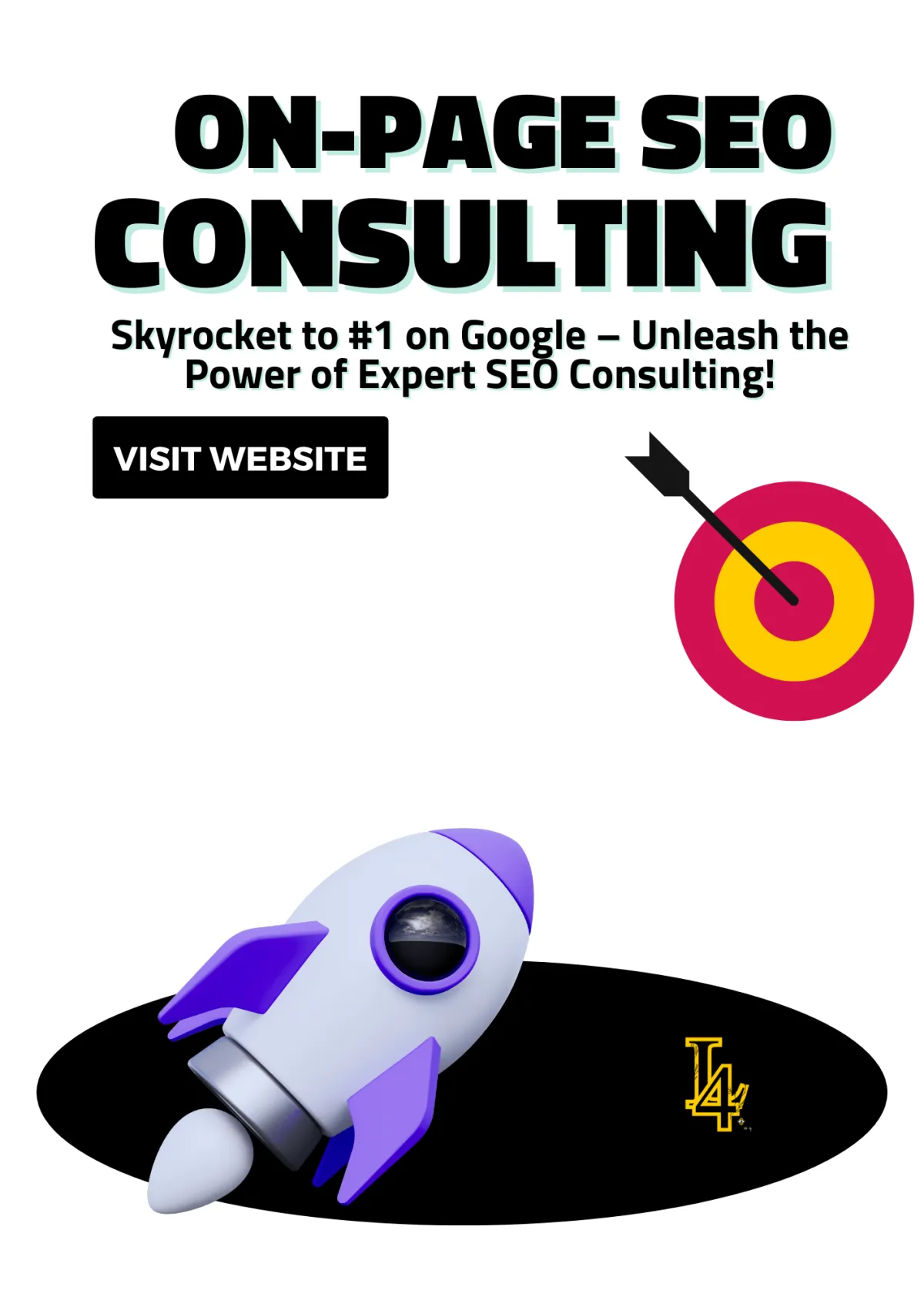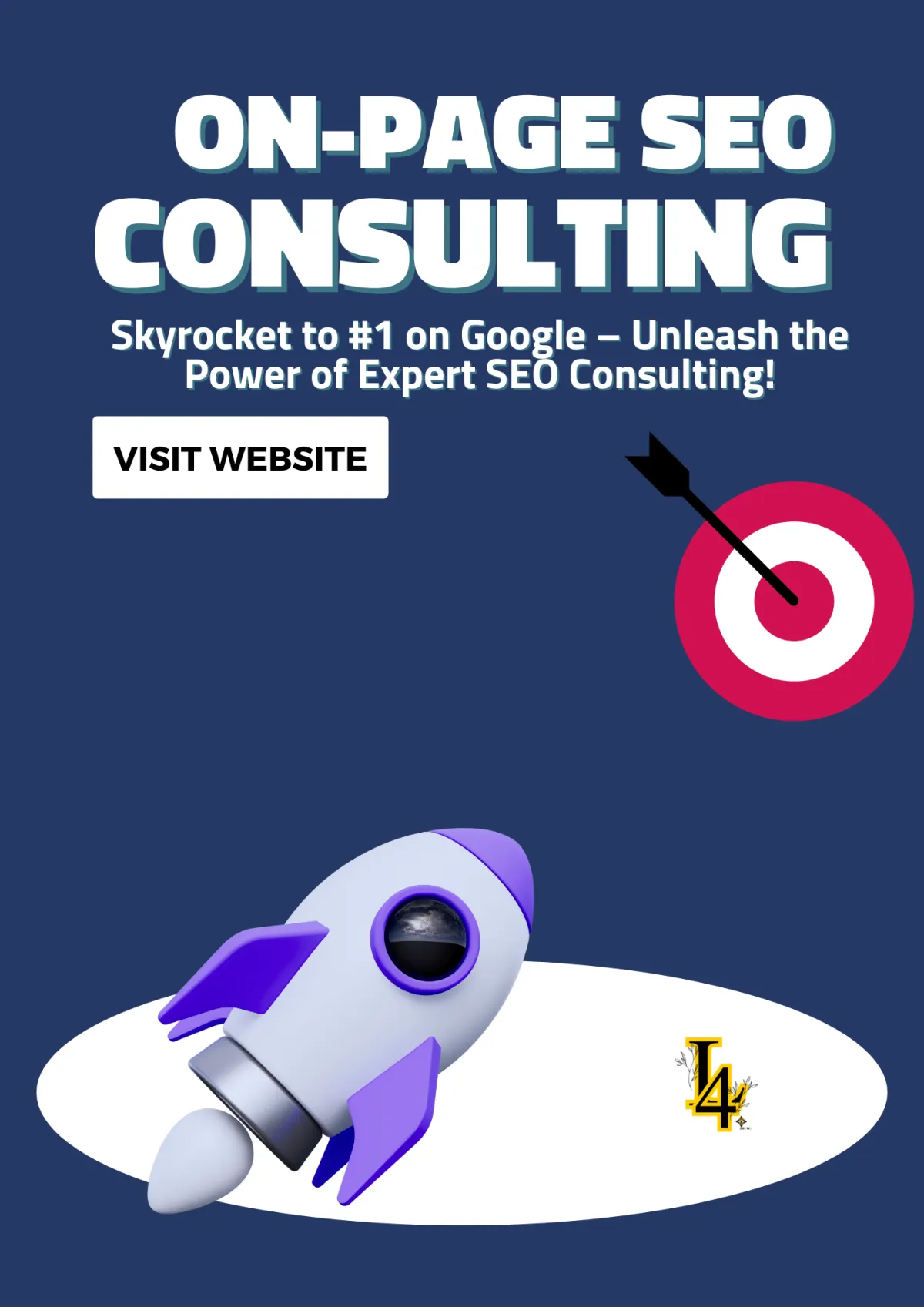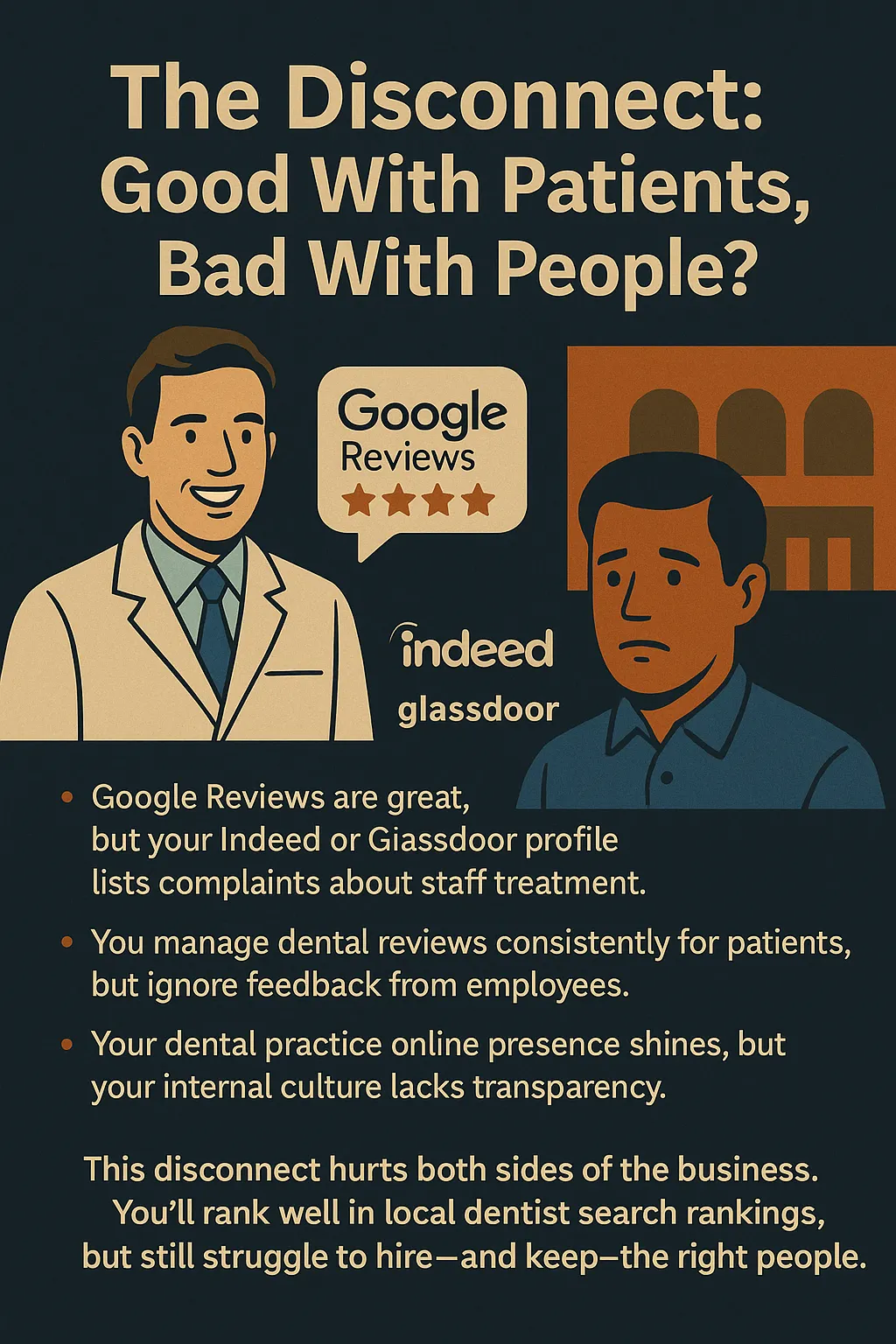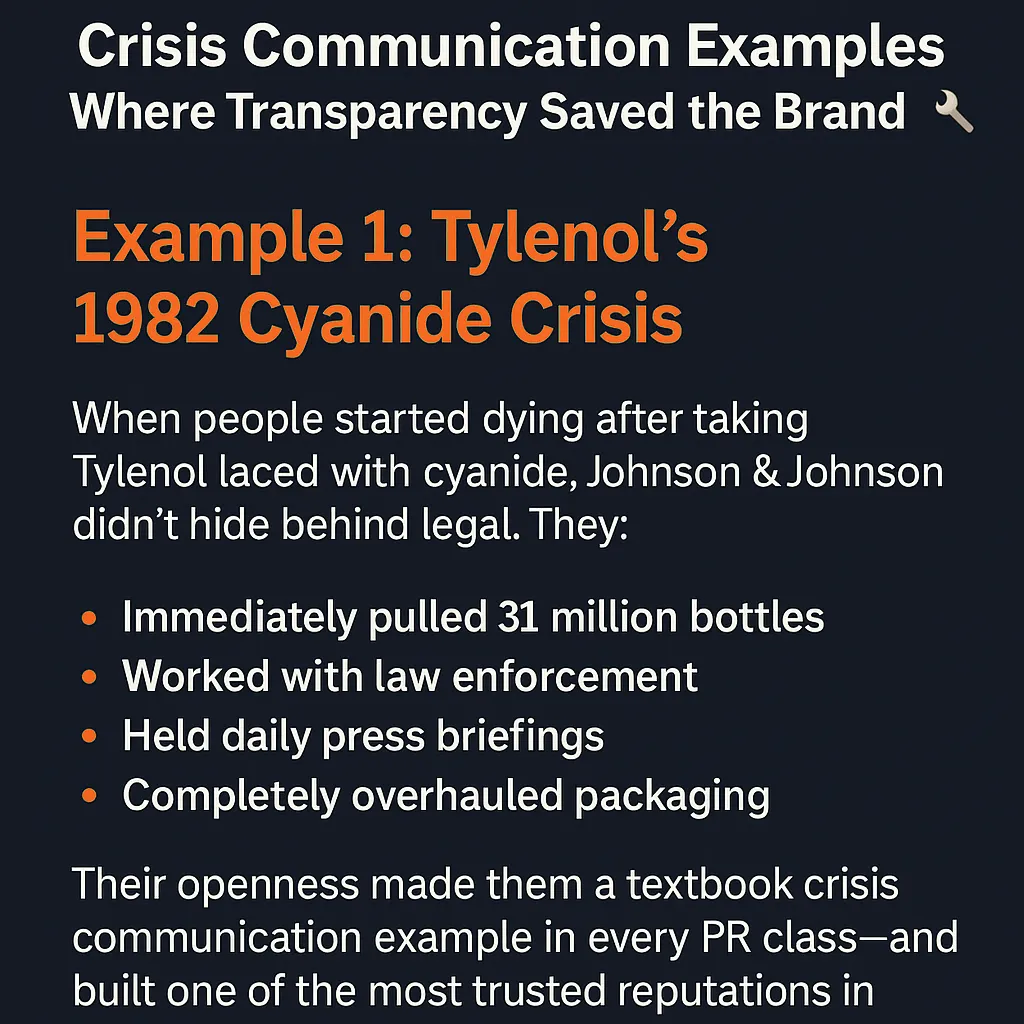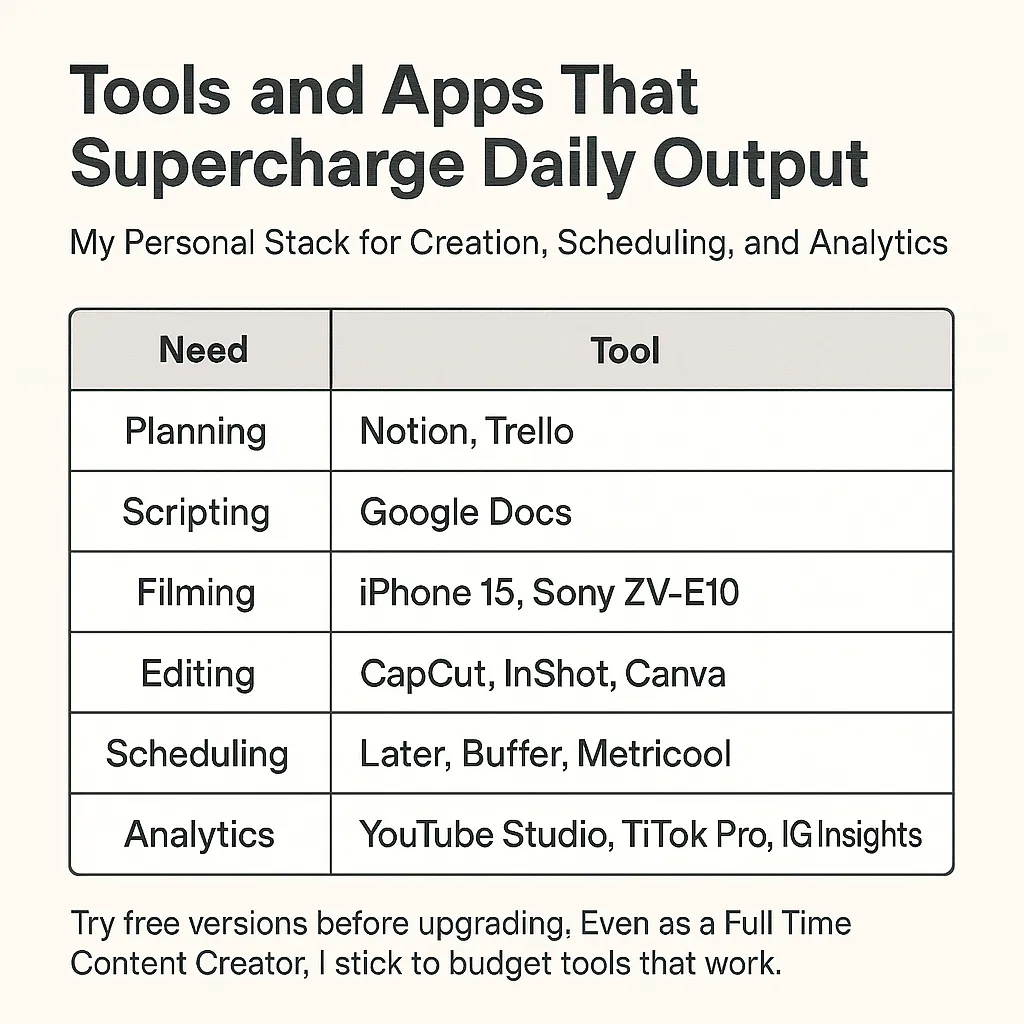
Online Reputation Management with Rapid URL Indexer: Take Control of Your Digital Presence
This post contains affiliate links, which means I may earn a small commission if you make a purchase through these links—at no extra cost to you. This helps support my content and allows me to continue reviewing amazing products. Thank you for your support! 😊✨
Your online reputation is one of your most valuable assets. Whether you're a business owner, entrepreneur, or professional, what people find about you online can significantly impact your success. Online reputation management (ORM) helps ensure that positive content ranks higher in search results, pushing down negative or outdated information.
One of the most effective tools for ORM is Rapid URL Indexer, which speeds up the indexing of your new content. Instead of waiting weeks for Google to recognize and rank your pages, this tool ensures your positive content appears in search results much faster, helping to shape the narrative about your brand.

Skip Ahead to Your Preferred Topic. 🔍
Online Reputation Management with Rapid URL Indexer:
Take Control of Your Digital Presence
Why Online Reputation Management Matters
How Rapid URL Indexer Supports ORM
Steps to Improve Your Online Reputation Using Rapid URL Indexer
1. Audit Your Current Online Presence
2. Publish High-Quality, Positive Content
3. Use Rapid URL Indexer to Get Content Indexed Quickly
5. Encourage and Manage Customer Reviews
6. Suppress Negative Content by Promoting Positive URLs
The Role of Technical SEO in Online Reputation Management
Structured Data (Schema Markup)
How These Factors Help with Reputation Management
How Web Design Impacts SEO & Online Reputation Management
Key Web Design Elements That Influence SEO and ORM
1. Structured Navigation for Better User Experience and SEO
2. Fast Load Speeds for Higher Rankings and Better Perception
3. Responsive Design for Mobile Optimization
How This Ties Into Online Reputation Management with Rapid URL Indexer
Faster Indexing of Positive Content

Why Online Reputation Management Matters
First impressions count – Most people research a business online before making a decision.
Google’s first page is critical – The majority of users never go past the first page of search results.
Negative content can damage credibility – Even a single bad review or misleading article can affect customer trust and sales.
How Rapid URL Indexer Supports ORM
Rapid URL Indexer helps push positive content higher in search rankings while suppressing outdated or negative results.
Speeds up indexing of press releases, blog posts, and customer testimonials
Helps bury negative content by ranking newer, reputation-boosting material faster
Signals search engines that your website and content are fresh, relevant, and authoritative

Audit Your Current Online Presence
Before improving your reputation, it's important to understand what’s already out there.
Search for your name or business on Google
Identify any negative, outdated, or misleading content
Make a list of positive content that needs to rank higher
2. Publish High-Quality, Positive Content
To improve your online image, regularly create and publish fresh content that highlights your expertise and positive contributions.
Press releases – Share company updates, new partnerships, or achievements
Blog posts – Offer valuable industry insights and success stories
Guest posts – Publish articles on high-authority websites to build credibility
Social media updates – Keep profiles active and professional
3. Use Rapid URL Indexer to Get Content Indexed Quickly
Once positive content is live, submit the URLs to Rapid URL Indexer to speed up indexing.
Submit URLs of blog posts, press releases, and positive reviews
Monitor indexing progress using Google Search Console
Re-submit URLs if they haven’t been indexed within a few days
4. Optimize Content for SEO
To ensure positive content ranks higher, optimize all pages using search engine best practices.
Include relevant keywords such as "trusted [your service] provider" and "top-rated [your brand]"
Use high-quality images and videos to increase engagement
Improve page speed and mobile-friendliness to enhance user experience
5. Encourage and Manage Customer Reviews
Positive reviews help build credibility and push down negative content.
Request reviews from satisfied customers on platforms like Google, Yelp, and Trustpilot
Respond professionally to all reviews, addressing any concerns
Feature testimonials prominently on your website and social media
6. Suppress Negative Content by Promoting Positive URLs
If negative content is ranking high in search results, push it down by increasing the visibility of positive pages.
Share new content on social media and professional networks
Use paid advertising to drive traffic to high-ranking content
Build backlinks to authoritative pages to improve their ranking power
Continue publishing fresh content regularly

The Role of Technical SEO in Online Reputation Management
Technical SEO plays a critical role in shaping my online reputation by ensuring that my website is optimized for both search engines and user experience. Here’s how key technical factors impact search rankings and reputation:
Site Speed and Performance
Faster load times improve user experience and reduce bounce rates, signaling to search engines that my site is valuable.
Google prioritizes fast-loading websites, meaning my positive content is more likely to rank higher if my site is well-optimized.
Tools like Google PageSpeed Insights can help identify performance issues and optimization opportunities.
Structured Data (Schema Markup)
Schema markup helps search engines understand my content better, leading to rich snippets (such as star ratings, FAQs, and reviews) in search results.
Enhanced search appearance can build credibility and increase click-through rates for positive content.
Implementing structured data can also help suppress misleading or negative content by making my preferred content more visible and appealing.
Mobile Optimization
With Google’s mobile-first indexing, a mobile-friendly site is essential for strong search rankings.
A poor mobile experience, such as slow loading times or improper formatting, can negatively impact user perception and harm my online reputation.
Ensuring a responsive design, properly sized touch elements, and fast-loading pages creates a seamless mobile experience.
How These Factors Help with Reputation Management
Higher Search Rankings: Well-optimized technical SEO ensures that my positive content ranks higher, pushing down negative or outdated information.
Stronger Brand Credibility: A fast, structured, and mobile-friendly site enhances trust and engagement from visitors.
Better User Experience: A seamless experience improves brand perception, leading to higher retention and positive interactions.
By optimizing technical SEO aspects like site speed, structured data, and mobile usability, I can improve my online reputation and maintain a positive digital presence.

How Web Design Impacts SEO & Online Reputation Management
Web design plays a crucial role in both Search Engine Optimization (SEO) and Online Reputation Management (ORM). A well-structured, fast, and responsive website enhances user experience, improves search rankings, and strengthens my online credibility. By combining effective web design with tools like Rapid URL Indexer, I can ensure that my positive content gets indexed and ranked quickly.
Key Web Design Elements That Influence SEO and ORM
1. Structured Navigation for Better User Experience and SEO
A clear, intuitive site structure helps users find content easily and keeps them engaged longer.
Well-organized menus and internal linking improve search engine crawlability, ensuring that important pages are indexed faster.
Logical site hierarchy prevents outdated or negative content from ranking above positive information.
2. Fast Load Speeds for Higher Rankings and Better Perception
Google prioritizes fast websites in search rankings because speed improves user experience.
A slow-loading site increases bounce rates, which signals to search engines that my content may not be relevant or valuable.
Optimizing images, reducing server response times, and using caching techniques can significantly improve load speeds.
3. Responsive Design for Mobile Optimization
With Google’s mobile-first indexing, a responsive website is essential for SEO success.
A site that adapts to different screen sizes ensures that users have a seamless experience, regardless of the device they use.
Poor mobile design can lead to high bounce rates and a negative perception of my brand.
How This Ties Into Online Reputation Management with Rapid URL Indexer

Web design and SEO improvements work hand in hand with Rapid URL Indexer to enhance my online reputation. While a well-optimized site structure ensures that positive content is well-organized and user-friendly, Rapid URL Indexer speeds up the process of getting this content recognized by search engines. This combination allows me to take control of my digital presence more effectively.
Faster Indexing of Positive Content
A well-designed website, paired with Rapid URL Indexer, ensures that new, high-quality content gets indexed quickly, increasing its chances of ranking higher in search results. This is essential for reputation management because:
Suppressing Negative Content: When my positive content is indexed faster, it pushes negative, outdated, or misleading information further down in search results. Since users rarely scroll past the first page of Google, ensuring that the most recent, favorable content appears at the top strengthens my reputation.
Keeping My Digital Presence Up-to-Date: Search engines take time to naturally crawl and index new content. Using Rapid URL Indexer accelerates this process, allowing press releases, testimonials, blog posts, and other positive mentions to appear in search results much sooner.
Reacting Quickly to Online Crises: If negative information surfaces, publishing a well-optimized response or updated content and using Rapid URL Indexer ensures my side of the story is seen sooner rather than later.
Stronger Brand Authority
A website that is professionally designed, fast, and mobile-friendly makes a strong first impression on visitors. When people land on my site, I want them to immediately trust my brand and find my content valuable. Rapid URL Indexer helps amplify this by ensuring that search engines quickly recognize my most authoritative content, leading to:
Higher Click-Through Rates (CTR): When positive content ranks at the top of search results, users are more likely to click and engage with my website rather than visiting less relevant or harmful sources.
Better User Engagement: A well-structured, fast-loading, and mobile-friendly website keeps visitors on my site longer, reducing bounce rates and sending positive engagement signals to search engines.
Increased Trust and Credibility: If my website is easy to navigate, loads quickly, and looks professional, visitors view my brand as more credible and reliable, reinforcing a strong reputation both online and offline.
Enhanced Visibility for Reputation Management Pages
If I publish positive content such as testimonials, press releases, case studies, or blog posts, I need search engines to find and rank these pages quickly. Optimized site structure combined with Rapid URL Indexer ensures that these pages are:
Crawled and Indexed Faster: Instead of waiting for Google’s natural indexing process, Rapid URL Indexer ensures my reputation-boosting content is discovered sooner.
More Likely to Appear in Featured Snippets & Rich Results: Using structured data and schema markup along with Rapid URL Indexer increases the chances that my positive content appears in rich search results, such as FAQs, review stars, or knowledge panels.
Easier to Share and Amplify: Well-optimized, easily navigable content gets higher engagement on social media and other platforms, further strengthening its position in search rankings.
By integrating web design best practices, SEO optimization, and Rapid URL Indexer, I can take control of my online reputation more effectively. A fast, structured, and mobile-friendly site enhances user trust, while Rapid URL Indexer ensures that my positive content is seen quickly. Together, these strategies help push down negative content, improve brand credibility, and maintain a strong online presence.
Conclusion
Your online reputation is an essential part of your business and personal brand. With Rapid URL Indexer, you can take control of your digital presence by ensuring that the content you want people to see appears quickly in search results.
Instead of waiting for search engines to pick up your updates, take an active approach in managing your reputation. By consistently publishing and optimizing positive content, and using tools to accelerate its visibility, you can protect and enhance your online image.
If you're ready to improve your search rankings and build a stronger online reputation, start optimizing today.
More Articles
Web Design Articles
Free IT Website HTML Templates: Download and Build Your Dream Site Today!
The Ultimate Cyber Security Website Design: Protect & Impress in 2025!
How to Optimize Your Website for Faster Speeds
Drag-and-Drop Website Builders vs. Coding: Which is Better for You?
SEO Related Articles
Buy Website Traffic with Search SEO – Get More Clicks, Leads & Profits Fast!
Types of Backlinks: The Good, The Bad & The SEO-Boosting Links You Need
Web Development Resource Process: From Planning to Deployment
Marketing Related Articles
How to Add the Title to a Link (The Right Way) – Boost SEO & UX!
5 Meta Description Tips for Beginners: Write Like a Pro!
Get More Customers with GMB Optimization – Rank #1 in Your Area!
Online Reputation Articles
Online Reputation Specialist Shares Secrets to Boosting Trust & SEO Rankings
Reputation Management in Connecticut: How to Protect and Enhance Your Online Image
Online Reputation Cost: How Much Should You Pay to Fix Bad Reviews?
Best Online Reputation Management in NZ: Protect Your Brand & Boost Sales


